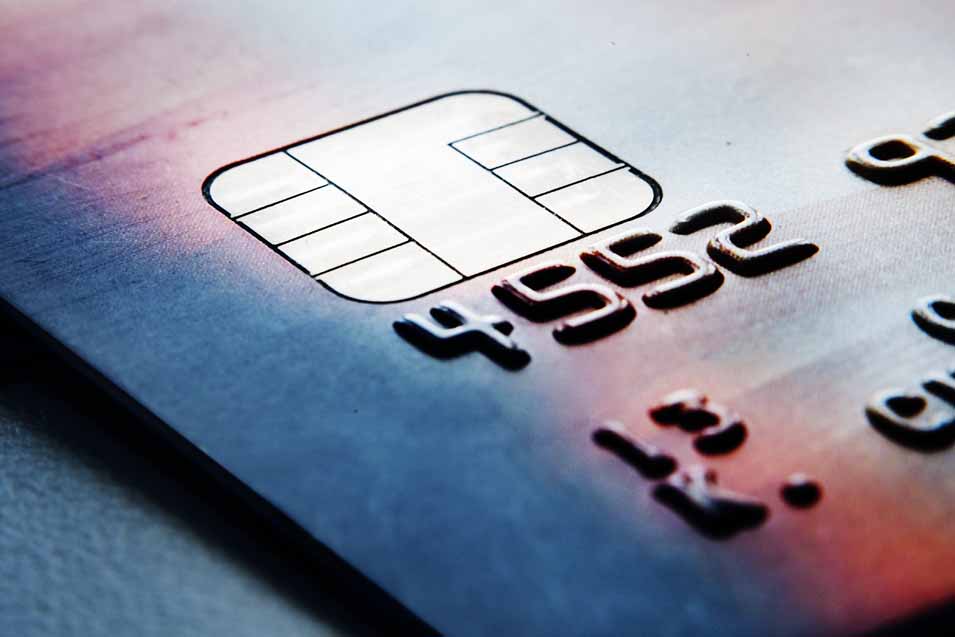
If you’ve made a few financial blunders, your credit score may not be quite as high as you’d like. High credit utilization, late or missed payments, collections on your credit report, and several other factors can decrease your credit rating.
Fortunately, you don’t have to live with a low credit score just because you’ve messed up in the past. No matter how long you’ve had suboptimal credit, there are several ways to get your score back on track.
Start by reviewing your credit report for errors that may have lowered your score. If you find any inaccuracies in your report, you can dispute them with the credit bureaus and have them removed. From there, you’ll need to be diligent about building better spending and repayment habits.
If you’re ready to work toward improving your credit health, here are seven basic credit-rebuilding strategies that can help.
1. Get a Secured Credit Card and Use It Responsibly
A secured credit card is designed to help people build credit from scratch or improve a poor credit score. Even if your score is currently too low to qualify for a regular credit card, you can likely get a secured card. You’ll have to put down a deposit to qualify, though, and that deposit will function as your credit limit.
Certain credit builder cards allow you to transfer money directly from a spending account into a credit account. You can then make purchases with the credit account’s balance and use that balance to make your monthly payments.
2. Catch Up on Missed Payments and Continue Paying Bills on Time
If you have any accounts that are currently late, catch up on the past due amount as soon as you can. From that point, continue paying your bills on time and set up automatic withdrawals if you need to.
Late payments stay on your credit report for about seven years, and they make you look risky to lenders. What’s more, your payment history accounts for approximately 35% of your credit score. That makes on-time payments a critical priority.
3. Keep Your Credit Balances Low
The lower you keep your balances across all of your credit accounts, the better. That’s because your overall credit utilization (what you owe compared to your overall limit) accounts for about 30% of your credit score.
Some credit experts recommend keeping your balances at about 30% of your total limit. Other experts assert the “30% utilization rule” is a myth, and it’s simply better to keep your balances as low as you can. According to data collected by FICO, people with the highest credit scores only use around 7% of their total credit limit.
4. Diversify Your Credit Accounts
What types of credit do you currently have? Only credit cards? Just student loans? If you lack a mix of revolving and installment accounts, diversifying the types of credit in your file can help boost your score.
According to Experian, your credit mix accounts for 10% of your overall score. That’s because the various types of accounts you hold paint a picture for prospective lenders. When you can successfully manage multiple types of credit, lenders will see you as a lower risk than when you only have one type.
If you just have installment loans now, consider opening a revolving credit account. If your score is too low to qualify for an unsecured card, you may want to become an authorized payer on someone else’s account. You can also ask a family member with good credit to cosign a credit application for you or get a credit builder card.
5. Avoid Opening New Accounts Too Soon
Although diversifying your mix of accounts will help boost your credit health, refrain from applying for several new loans or credit cards too soon. Lenders must analyze your creditworthiness to determine your eligibility for new accounts, and to do that, they must review your full credit report.
Each application you submit will add a hard pull (also called a hard inquiry) to your report. And unfortunately, each hard inquiry can decrease your score by up to 10 points. Perhaps worse, too many hard inquiries on your report may flag you as a potential financial risk to lenders.
To avoid lowering your credit or negatively impacting your ability to open new accounts, research each lender’s approval requirements thoroughly. You can still apply for new loans and cards, but be strategic about your approach. The key here is to make sure you only apply for accounts that you have a high chance of getting.
6. Refrain From Closing Old Accounts
When you pay off an old card, resist the urge to close the account while you’re still working to boost your credit. Even if you don’t plan on using the card regularly, hang onto it and let the account sit.
Why? Because the age of your accounts matters to lenders, making up 15% of your credit score. Old open accounts increase the length of your credit history, and the longer your credit history is, the better you look to lenders.
Credit bureaus also look at your cumulative credit limit across all of your accounts to help calculate your score. When you close an account, you decrease your amount of available credit and thus increase your overall credit utilization.
While experts differ, it’s still a good idea to keep your overall credit utilization below 30% of your total credit limit. Having an open account or two that you rarely use will maintain a higher cumulative limit, helping you in the long run.
7. Monitor Your Credit Score Closely
When you’re working hard to boost your credit health, it’s important to monitor your score’s progress and look for areas where you can improve. That way, you can opt for cards with better terms as your credit increases and stay abreast of important credit alerts. That’s where using a credit monitoring tool can come in handy.
There are several free tools available, as well as paid options. Some tools even provide identity theft alerts and other helpful services. Downloading a credit monitoring app to your phone will allow you to check your credit progress as often as you’d like. Even better, no matter how many times you check in, these apps have no negative impact on your credit score.
When you diligently implement the credit-boosting strategies above, you can expect to see your credit health start to improve. It won’t happen immediately, so you’ll need to be patient — lenders usually report new information to the credit bureaus every 45 days. With time and focused effort, however, your credit score will continue to rise. Ultimately, you’ll become a more attractive borrower whom lenders are more inclined to work with.





